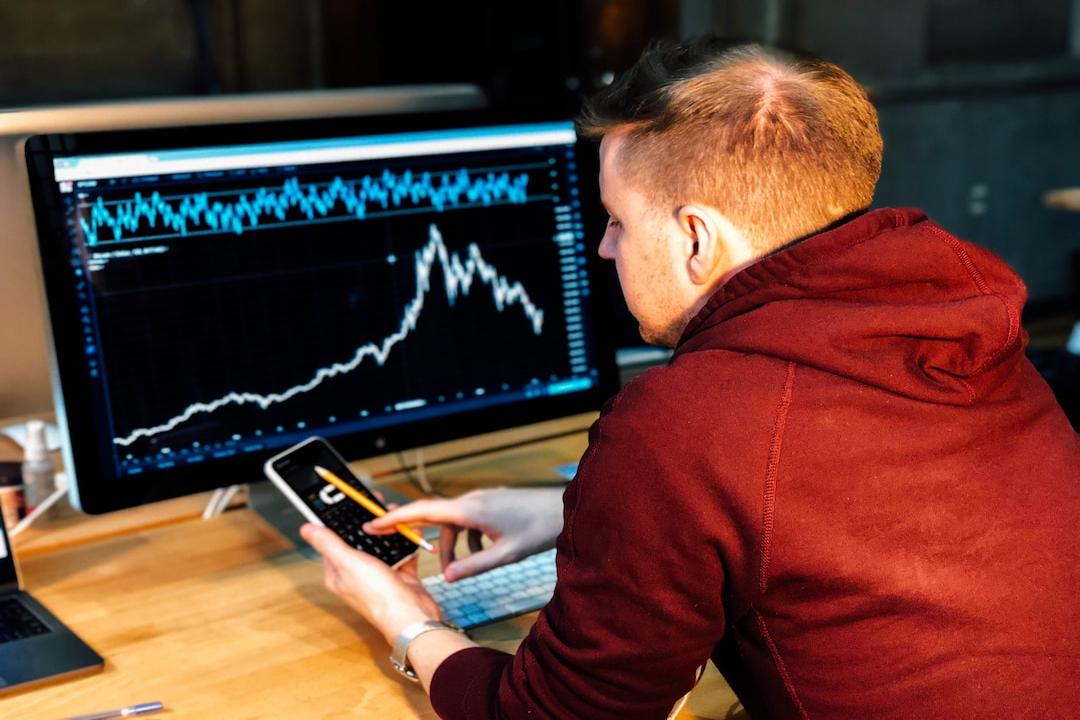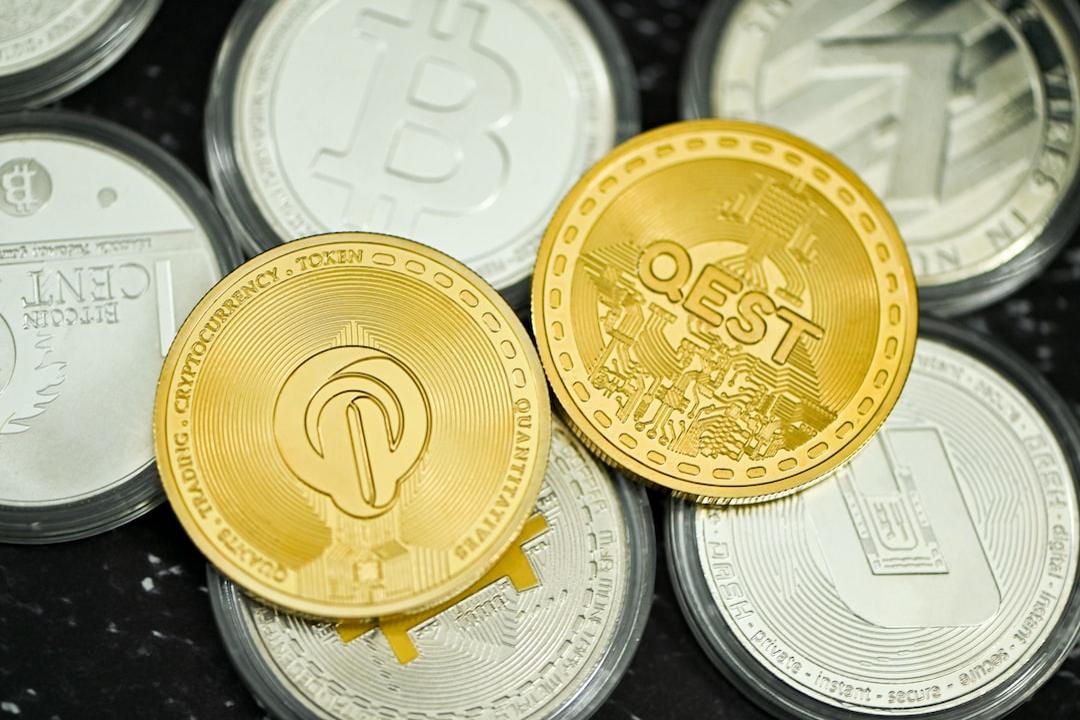UBS (Union Bank of Switzerland) has launched its first tokenized fund based on Ethereum, emphasizing the growing interest among investors in tokenized financial assets. Cryptocurrency commentators describe this move as placing ETH at the core of traditional finance, anticipating a positive impact on ETH’s price.
(Background context:
BlackRock plans to launch a “tokenized fund” BUIDL! to seize the significant opportunities in real-world assets (RWA))
Traditional finance (TradFi) is actively venturing into tokenization and RWA. UBS, Switzerland’s largest bank and a global wealth management giant, announced yesterday the launch of its first tokenized fund on the Ethereum blockchain, officially named the “UBS USD Money Market Investment Fund Token,” abbreviated as “uMINT.”
In a press release, UBS’s Co-Head of Asia Pacific Thomas Kaegi stated that the company has “discovered a growing interest among investors in tokenized financial assets across asset classes.” Although UBS did not specify the financial instruments that make up this tokenized fund, it indicated that uMINT token holders would be able to utilize its institutional-grade cash management solutions, which are based on “high-quality money market instruments” and built around a “conservative risk management framework.”
The launch of the fund is part of UBS’s broader efforts to expand tokenized services through UBS Tokenize. As a partner in Singapore’s Monetary Authority’s Project Guardian, UBS Asset Management initiated a pilot for a tokenized Variable Capital Company (VCC) fund last October, utilizing smart contracts on Ethereum for various activities, including redemptions and fund subscriptions.
Extended reading:
The Future of Asset Management – Tokenization: Transaction fees drop by 99.7%, and the market reaches everyone.
Placing Ethereum at the Core of TradFi
Several cryptocurrency commentators are optimistic about the positive effects this move will have on Ethereum, further driving up ETH prices. According to a report by Cointelegraph, Mario Nawfal’s popular cryptocurrency program praised this initiative on X, stating, “This is like placing ETH at the core of traditional finance.” He added, “If large banks are ready to get involved, then tokenized assets becoming mainstream is just a matter of time.”
Meanwhile, cryptocurrency analyst Tony Edward commented on the news, saying, “If you haven’t gotten into ETH yet, you’re missing out on profits.” As of the time of publication, the trading price of ETH was $2,505, up 0.1% in the last 24 hours, continuing to hover around the $2,500 range.
Extended reading:
Why will Ethereum capture most of the RWA market? There are three key factors.
Traditional finance is rushing to launch tokenized funds.
Notably, after asset management giant BlackRock issued its first tokenized fund, the “BlackRock USD Institutional Digital Liquidity Fund” (BUIDL) on Ethereum in March this year, several financial institutions have begun launching tokenized money market funds on blockchain networks. Recently, Franklin Templeton is issuing its U.S. Government Money Market Fund (FOBXX) on the Base chain, having previously launched FOBXX on Stellar, Polygon, and Arbitrum.
Data from RWA.xyz shows that Ethereum is currently the largest blockchain for RWA tokenization, with tokenized assets on this network valued at over $3 billion. Currently, approximately $13.1 billion worth of assets are tokenized on-chain, with private credit accounting for the highest share at over $9.2 billion, followed by U.S. Treasuries at about $2.4 billion, and BlackRock’s $BUIDL holding the highest value in U.S. Treasuries, exceeding $523 million.

?Related Reports?
Coinbase enters RWA: Plans to launch tokenized funds, BlackRock’s BUIDL has surpassed $520 million.
Tether to launch RWA platform: Bonds, stocks, funds, and even coffee shop points can be tokenized.
Traditional finance surrenders! Global remittance leader Swift develops “blockchain transfers,” potentially connecting RWA and tokenized assets based on Ethereum.
Citi adopts Avalanche sub-network to “advance RWA,” testing private equity fund tokenization.


